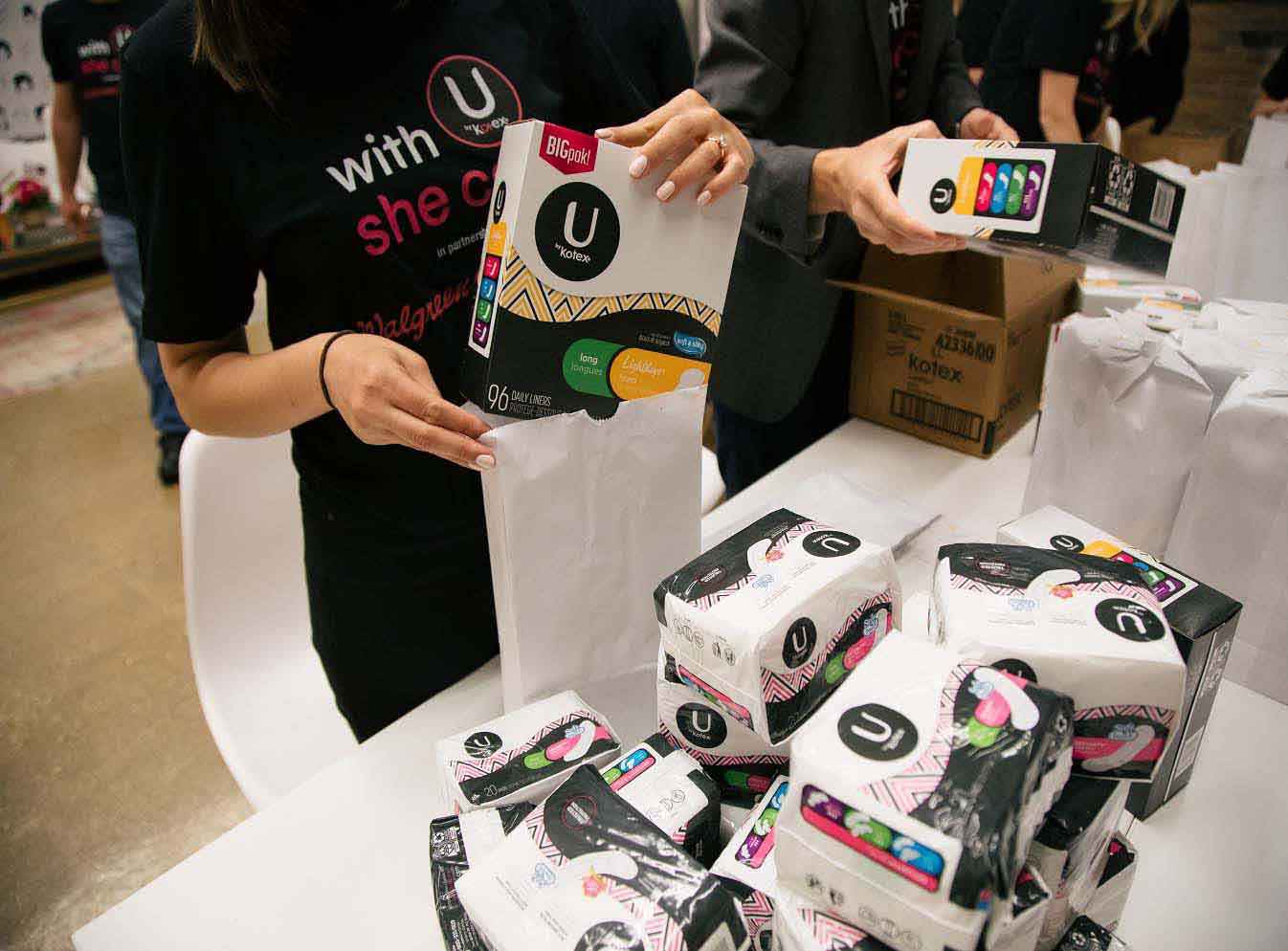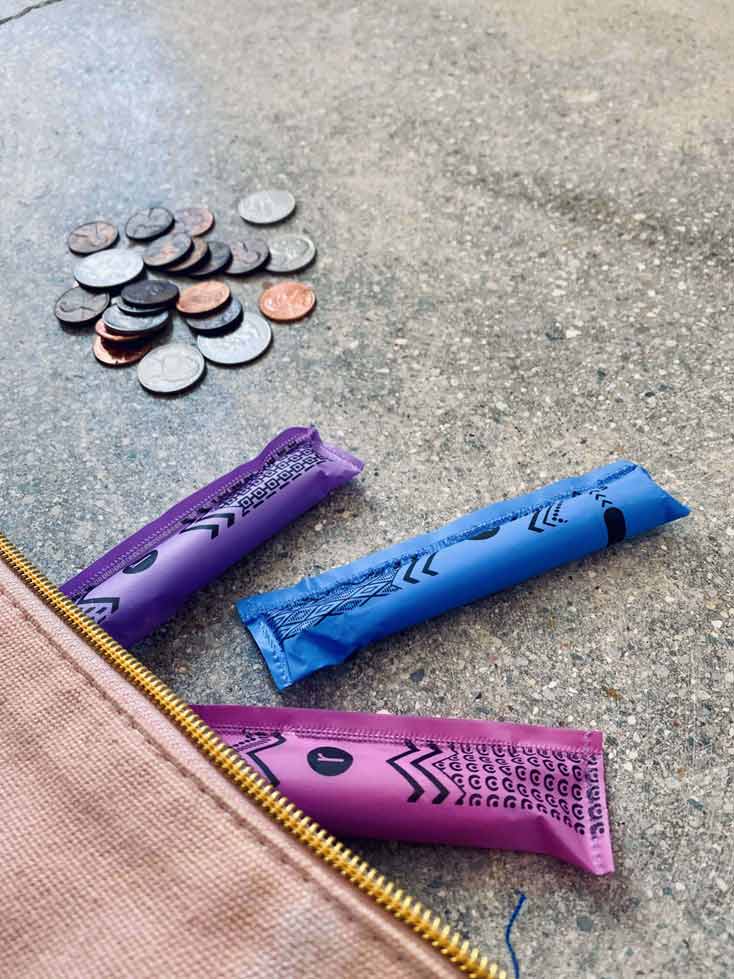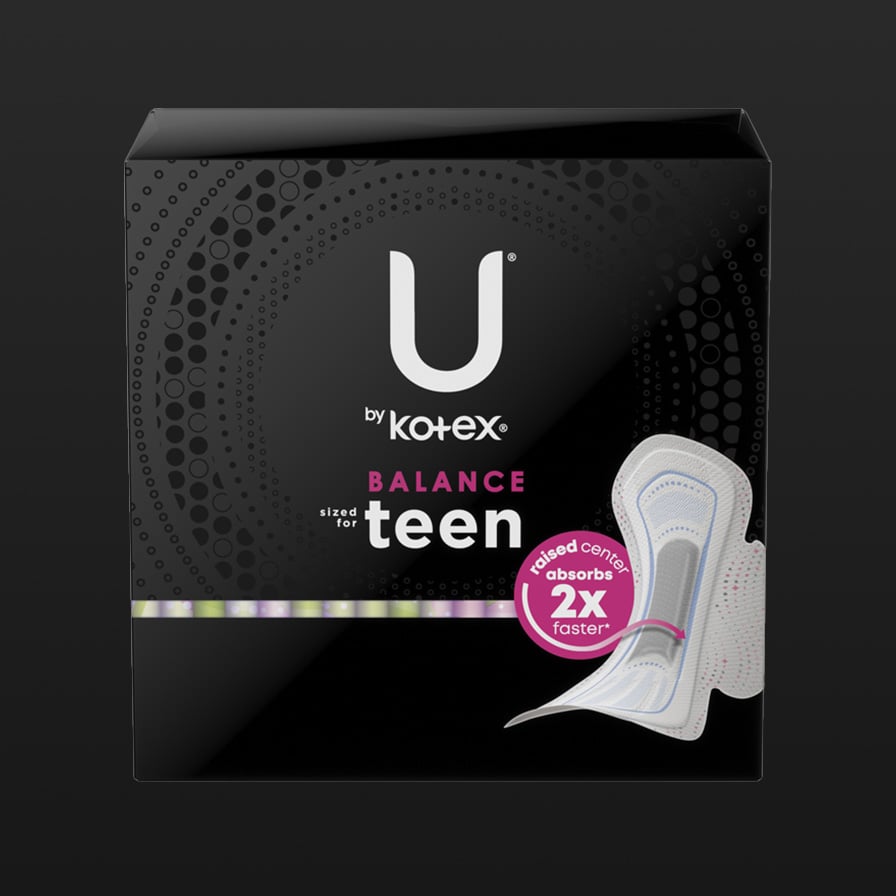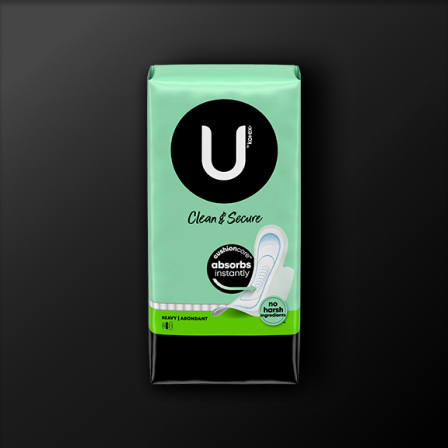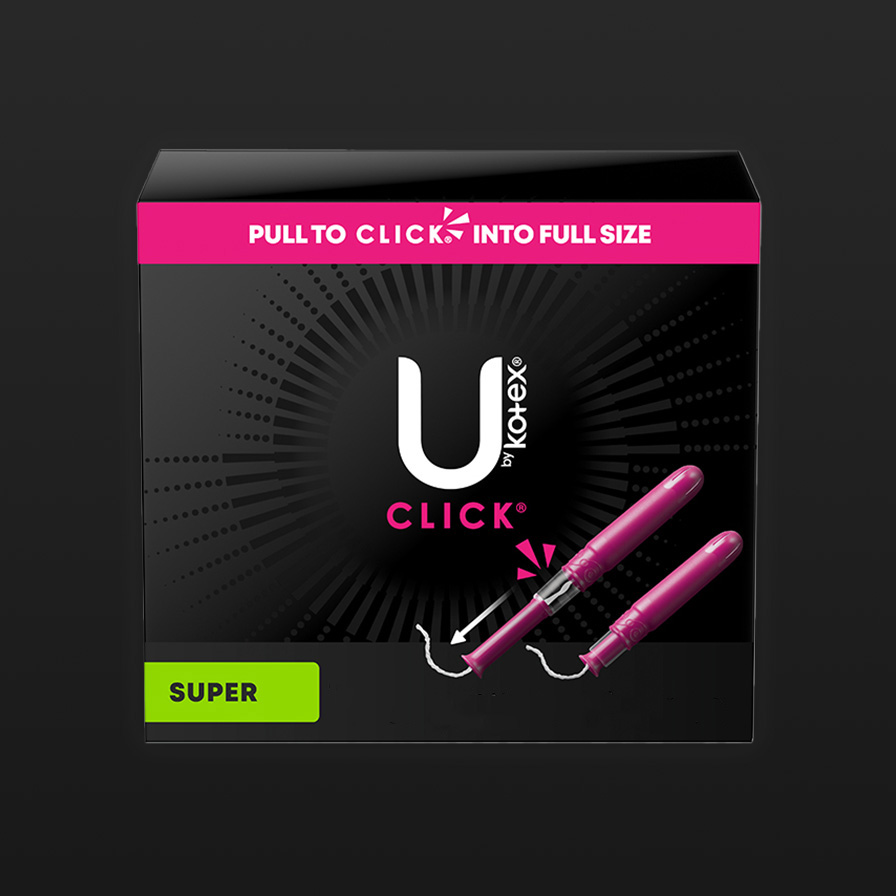What is Period Poverty?
What is Period Poverty?
Have you heard the term "period poverty," but not sure what it means? Alliance for Period Supplies breaks down the basics.
Imagine missing out on daily life simply because you do not have the money to afford period supplies. This is an all too common reality for menstruators living in poverty. Not having the period supplies they need means they are unable to go to school. They miss days of work. This absence perpetuates a cycle of poverty that is at the core of a public health issue known as period poverty.
The Impact
In a 2018 study commissioned by U by Kotex®, one in four women surveyed struggled to purchase period products.1 In the same study, one in five low-wage women reported missing work, school or similar events due to lack of access to period supplies.[1] These instances were linked to reported feelings of embarrassment, disappointment and depression. Some people struggling with period poverty are forced to use substitute products, like toilet tissue or even socks to manage their periods. Others may stretch the usage of a period product to a point that it becomes unhealthy, making the person vulnerable to infection and discomfort. Plus, not having the period products one needs can negatively impact mental health.
Spreading Awareness
Despite its prevalence in our society, period poverty is a public health issue that too many people, including policy makers and community leaders, are unaware that exists. In the same U by Kotex® survey, nearly all (88%) respondents agreed that period products are a basic necessity.[2] However, only 4 percent of respondents were aware of a local resource where free or reduced cost period supplies are available.
To end period poverty, we at the Alliance for Period Supplies, along with our founding sponsor U by Kotex®, are working to bring local and national attention to the challenges so many individuals face on a daily basis. We also are working to help expand existing period programs in communities throughout the U.S. and support the growth of new programs where there are none. More period banks help to ensure all people in need have easier access to products that allow them to fully participate in life.
What can you do?
The Alliance for Period Supplies is committed to helping increase access to period products to those who need help, and we work with our network of community-based Allied Programs to raise awareness, distribute product and change public policy. If you would like to get involved to make a difference, consider these avenues:
- Host a period supply drive
- Volunteer at a local period supply program
- Become an advocate to end period poverty
- Use your platform to raise awareness
- Join our social campaigns
- Contact your elected officials
If you are struggling with period poverty and need help identifying resources in your community, visit 211.org or call 2-1-1 for programs near you that distribute period supplies.
For more information on how you can help end period poverty, visit the Alliance for Period Supplies. With your help, we can get more individuals back to living their lives without barriers.
About Alliance for Period Supplies: U by Kotex® is the founding sponsor of the Alliance for Period Supplies (APS), a program of the National Diaper Bank Network (NDBN). Alliance for Period Supplies leverages the NDBN infrastructure and relationships to donate and distribute U by Kotex® products to those in need nationwide.
Sources referenced: 1: According to a 2018 U by Kotex® survey conducted with YouGov
